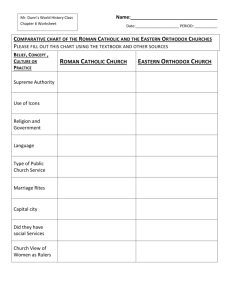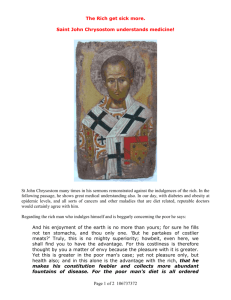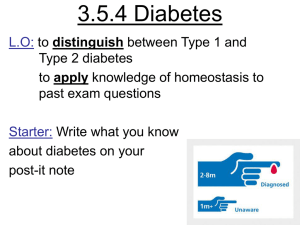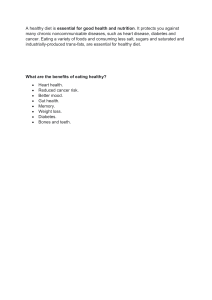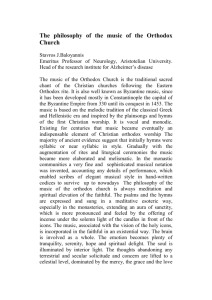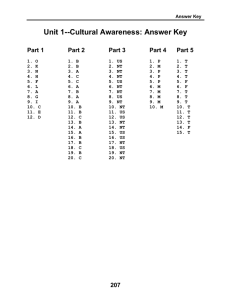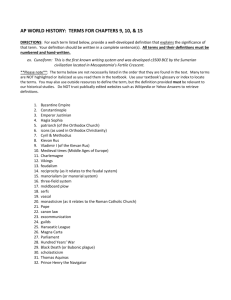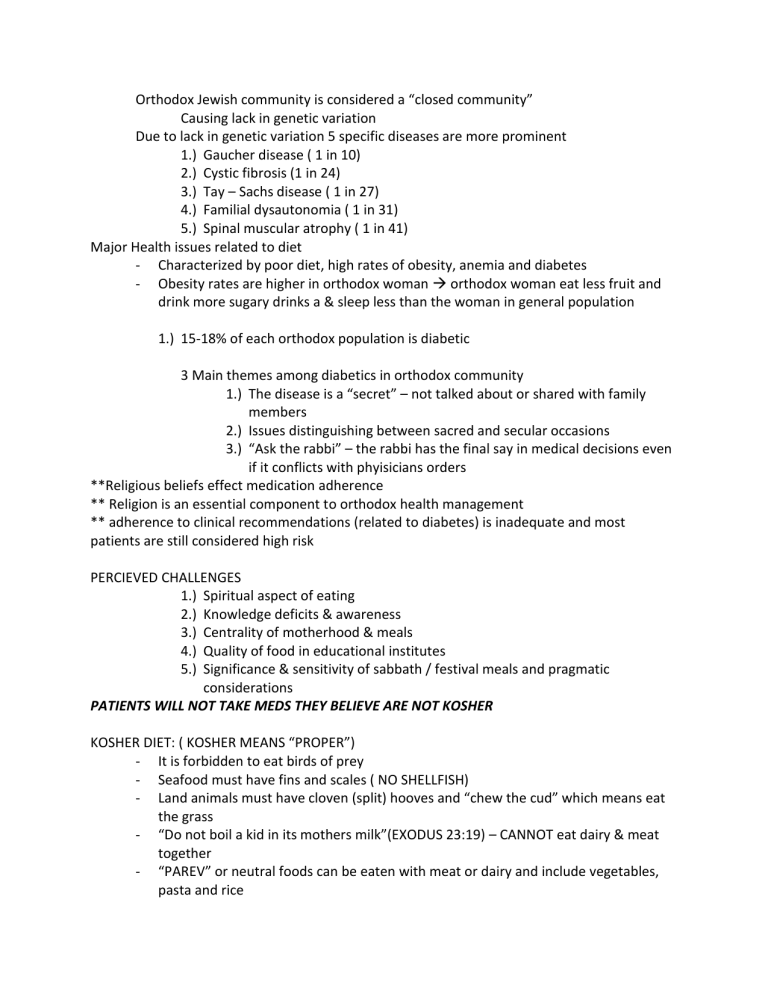
Orthodox Jewish community is considered a “closed community” Causing lack in genetic variation Due to lack in genetic variation 5 specific diseases are more prominent 1.) Gaucher disease ( 1 in 10) 2.) Cystic fibrosis (1 in 24) 3.) Tay – Sachs disease ( 1 in 27) 4.) Familial dysautonomia ( 1 in 31) 5.) Spinal muscular atrophy ( 1 in 41) Major Health issues related to diet - Characterized by poor diet, high rates of obesity, anemia and diabetes - Obesity rates are higher in orthodox woman orthodox woman eat less fruit and drink more sugary drinks a & sleep less than the woman in general population 1.) 15-18% of each orthodox population is diabetic 3 Main themes among diabetics in orthodox community 1.) The disease is a “secret” – not talked about or shared with family members 2.) Issues distinguishing between sacred and secular occasions 3.) “Ask the rabbi” – the rabbi has the final say in medical decisions even if it conflicts with phyisicians orders **Religious beliefs effect medication adherence ** Religion is an essential component to orthodox health management ** adherence to clinical recommendations (related to diabetes) is inadequate and most patients are still considered high risk PERCIEVED CHALLENGES 1.) Spiritual aspect of eating 2.) Knowledge deficits & awareness 3.) Centrality of motherhood & meals 4.) Quality of food in educational institutes 5.) Significance & sensitivity of sabbath / festival meals and pragmatic considerations PATIENTS WILL NOT TAKE MEDS THEY BELIEVE ARE NOT KOSHER KOSHER DIET: ( KOSHER MEANS “PROPER”) - It is forbidden to eat birds of prey - Seafood must have fins and scales ( NO SHELLFISH) - Land animals must have cloven (split) hooves and “chew the cud” which means eat the grass - “Do not boil a kid in its mothers milk”(EXODUS 23:19) – CANNOT eat dairy & meat together - “PAREV” or neutral foods can be eaten with meat or dairy and include vegetables, pasta and rice Diabetes and Yom Kippur - Yom Kippur is a 25 hour fast beginning at sundown - Diabetics are not recommended to go more than 5-6 hours without food - Diabetics can become hypo/hyper glycemic during fasting periods requiring medical attention - If diabetes is under control fasting may be safe under observance of Rabbi and doctor - Do not make decisions without speaking with your rabbi DOMAIN 2: NUTRITION CLASS 4: METABOLISM RISK FOR UNSTABLE BLOOD GLUCOSE LEVEL RISK FOR METABOLIC IMBALANCE WITH ALL INTERVENTIONS AMONGST THIS COMMUNITY CONSIDER MODESTY
